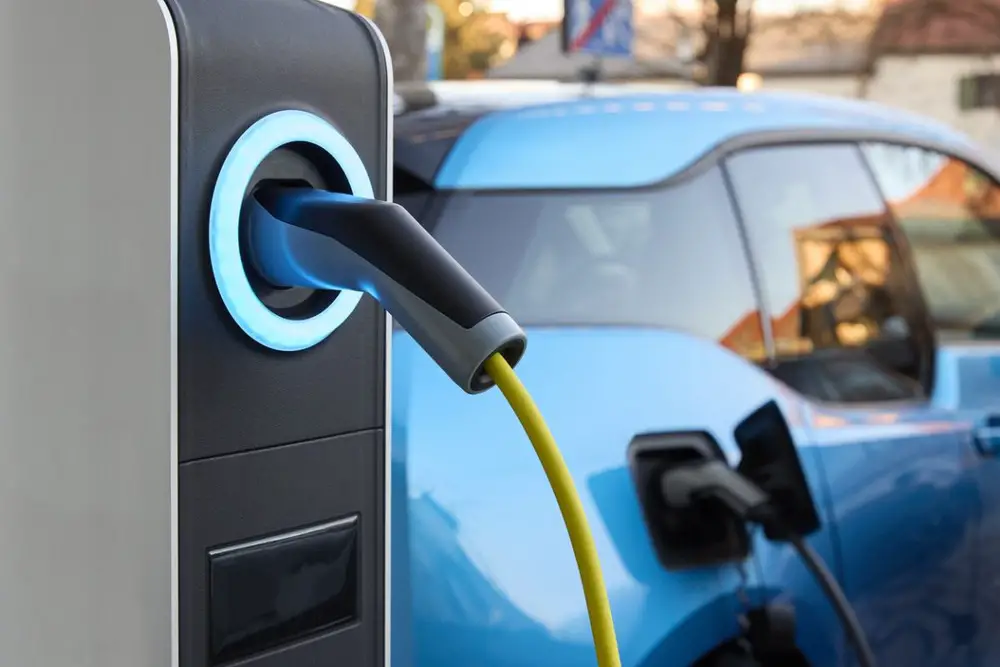Electric vehicles, as an eco-friendly alternative to gasoline-powered cars, have gained significant importance in recent years. In order to mitigate environmental damage as pollution and climate change have gained significant concern, the shift towards electric transportation is seen as an important step. There are numerous benefits of electric vehicles, including reducing greenhouse gas emissions and improving air quality. In this article, we will discuss the benefits of electric vehicles and highlight the positive impacts of electric vehicles on our planet.
Improved Air Quality:
Air pollution is a critical environmental and public health issue, especially in urban areas. Gasoline and diesel vehicles emit nitrogen oxides and particulate matter, which can cause cardiovascular and respiratory problems. Electric vehicles do not use these pollutants, ultimately improving the air quality. Improved air quality also has significant benefits. The improved and cleaner air reduces the occurrence of respiratory and cardiovascular diseases, lowers healthcare costs, and improves quality of life. Choosing electric vehicles over gasoline-powered cars is particularly beneficial for the urban environment because it makes them healthier and more livable.
Sustainable Materials and Recycling:
Most of the manufacturers are concentrating on sustainability not only in vehicle operation but also in the materials used for production. Advancements in the field of technology have led to the development of more sustainable and recyclable materials for the manufacturing of EV components. For example, a few manufacturers are using recycled materials, such as recycled plastic and natural fibers, and eco-friendly manufacturing processes to reduce their harmful impacts on the environment. As the demand for electric vehicles increases, so does the need for effective recycling methods for lithium-ion batteries. In this recycling method, lithium, nickel, and, cobalt are recovered from batteries, reducing the demand of extracting raw materials and reducing environmental impacts.
More Efficient:
Compared to traditional vehicles, electric vehicles are more efficient. Traditional vehicles lose a significant amount of energy in the form of heat during combustion, where as in electric vehicles, motors convert a higher percentage from the battery to power the vehicle. And as charging the battery is cheaper than fueling a car, it also reduces the operating cost. Also, there are only a few moving components in electric vehicles so its maintenance costs are low as compared to traditional vehicles. This economic benefit can encourage consumers to buy electric vehicles, amplifying their positive environmental impact.
Reduction of Dependence on Fossil Fuels:
The dependence on fossil fuels can be significantly reduced by shifting towards electric vehicles. A major consumer of oil is transportation, and shifting to electric vehicles can reduce the demand for gasoline and diesel. This will not only reduce the emission of greenhouse gases but will also decrease the environmental impacts of oil extraction. By reducing reliance on fossil fuels for transportation, countries can diversify their energy resources. This shift can have geopolitical and economic benefits, enhancing national security.
Reduced Greenhouse Gas Emissions:
One of the greatest benefits of electric vehicles is the reduction of greenhouse gas emissions. Carbon dioxide and other harmful gases are emitted during combustion, leading to global warming and climate change. On the other hand, because they use electricity rather than fossil fuels to power themselves, electric vehicles have no tailpipe emissions. Additionally, the advantages are even greater if this electricity comes from renewable energy sources like solar, wind, or hydroelectric power.
Reduction of Noise Pollution:
Electric vehicles not only reduce air pollution but also contribute to reducing noise pollution. In traditional vehicles, there are engines and exhaust systems that produce noise and can be disruptive, especially in intensely populated areas. Electrical systems are much smaller as they do not have an engine and fewer moving parts. The reduction in noise pollution from EVs not only improves the quality of life in urban employment but also benefits wildlife by reducing noise in natural habitats.
Conclusion:
Electric vehicles are a good choice for the future of transportation, as they offer numerous environmental benefits. With technology growth and the growing adoption of electric vehicles, the environmental impacts of our transportation system can be reduced. For a cleaner, greener, and more sustainable planet and activity culture, steps must be taken.
